Ruto’s 1,000 Days: From ‘Hustler’ to ‘Kasongo,’ Public Sentiment Shapes His Presidency
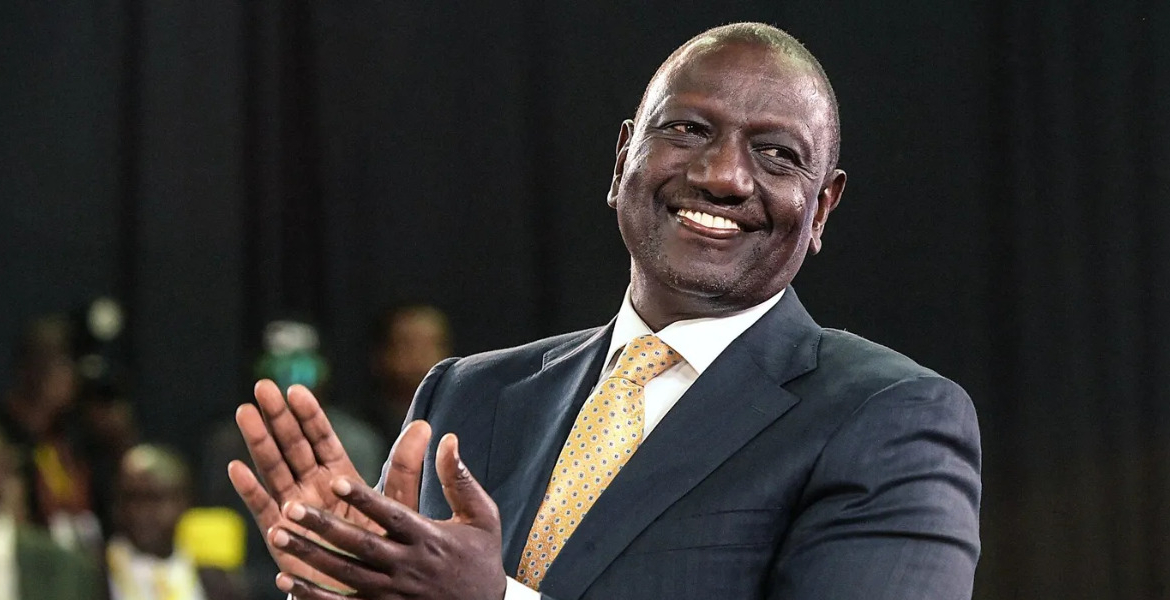
President William Ruto has vigorously defended his administration's economic policies and progress over the past 1,000 days.
The president emphasises his commitment to accountability and stability, even as his tenure faces heightened scrutiny from the media and growing public sentiment expressed through a proliferation of nicknames. Addressing an audience at the State House on Monday, Ruto asserted that his government has made significant strides in stabilising the Kenyan economy, particularly in reducing inflation and averting a potential debt crisis, despite facing considerable challenges upon assuming office in August 2022.
Ruto took office amid the economic fallout from the COVID-19 pandemic, a period characterised by high inflation and a weakening Kenyan shilling. He recalls the economic turbulence of the time, noting that inflation had peaked at 9.6 percent and the shilling was under immense pressure against the dollar. He defends the measures his administration implemented, acknowledging that they were difficult but necessary to prevent Kenya from defaulting on its foreign debt obligations.
According to Ruto, these decisions are now yielding positive results, with inflation reportedly dropping to around 3.8 percent. This claim comes at a time of increasing public concern over the cost of living and the effects of recently enacted tax policies. The President's defence of his administration's record coincides with a comprehensive review by the Nation Media Group, which is evaluating the Kenya Kwanza coalition's performance against its key campaign promises.
Beyond the assessment of economic and governance policies, President Ruto's leadership has become a subject of intense social media commentary, characterised by the widespread adoption of various nicknames. This trend, which gained momentum in late 2024, began with the viral "Kasongo" phenomenon, a reference to a warthog featured in social media clips paired with the song "Orch Super Mazembe."
The name was soon humorously applied to President Ruto, triggering a surge of satirical cartoons and commentary critical of his leadership style and policies. In response, President Ruto's communications team, led by Dennis Itumbi, launched a counter-strategy to present a more favourable image of the President, promoting the slogan "Ruto Delivers." This approach aligns with Ruto's established practice of engaging with and reframing public narratives, rather than dismissing them outright.
The President himself has publicly acknowledged the growing list of nicknames attributed to him. At a rally in March, he amusedly recounted the names he has acquired since entering the political arena: "Hustler," "Survivor," "Zakayo," and now "Kasongo."
The emergence of these nicknames has coincided with debates over President Ruto's policy direction, particularly his tax initiatives. "Zakayo," derived from the biblical tax collector Zacchaeus, has become a rallying cry for critics opposing his aggressive fiscal policies, which triggered youth-led protests in mid-2024. In response, Ruto has sought to recast the nickname as an argument for national duty, emphasising the importance of tax collection for Kenya's development. His communications team has also attempted to reinforce his image as a transformative leader, focusing on his long-term vision for the country.
Other nicknames, such as "El Chapo," surfaced following President Ruto's promise to acquire a machine capable of producing a million chapatis daily to feed schoolchildren in Nairobi. "Must Go" became a protest slogan widely chanted during the anti-government demonstrations of 2024. Even "Nabii," a reference to his longstanding association with the church, has been integrated into his growing repertoire of public personas.
Despite the often-critical undertones of these labels, President Ruto has adopted a strategic response, occasionally incorporating elements of the satire into his public appearances. During a New Year's Eve celebration at Kisii State Lodge, he danced to the viral "Kasongo" song, a gesture that demonstrated his willingness to engage with public sentiment rather than resist it.
Analysts suggest that the proliferation of these nicknames reflects deeper societal dynamics tied to Kenya's economic and political climate. Dr. Kenneth Ombongi, a history lecturer at the University of Nairobi, views the trend as a natural response to governance shortcomings and public frustration. He notes that leaders throughout history have been assigned both affectionate and critical monikers, serving as expressions of public sentiment.
The economic challenges experienced under President Ruto's leadership have intensified these sentiments, giving rise to satirical coping mechanisms. Citizens frustrated by slow economic recovery and unmet campaign promises have found humour and mockery to be effective tools for expression.
State House communications director Wanjohi Githae has emphasised the administration's perspective, describing President Ruto as a leader focused on Kenya's long-term prosperity. He argues that the President's decisions, however unpopular they may seem in the short term, are geared toward advancing the country's economic and social position. Initiatives such as affordable housing, TaifaCare health services, and the expansion of fresh produce markets, he asserted, are examples of tangible progress being made.
Another defining feature of President Ruto's presidency has been his preference for Kaunda suits, a departure from the conventional attire expected of Kenyan heads of state. Since mid-2023, Ruto has frequently appeared in the safari-style outfit, a fashion choice popularised by Zambia's founding president, Kenneth Kaunda. His use of this distinctive attire has further contributed to his political branding, sparking debate about the symbolism behind his style.
Menswear expert Ashok Sunny, who previously tailored President Ruto's outfits during his tenure as Deputy President, speculates that the President may be sourcing the suits off-the-rack rather than opting for custom designs.
President Ruto's first 1,000 days in office have been marked by significant economic challenges, growing public criticism, and innovative efforts to manage his political image.

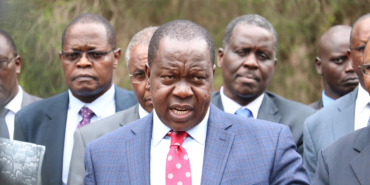
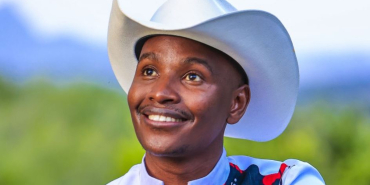
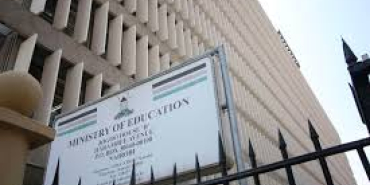

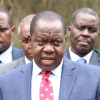


Add new comment